
Nairobi, Kenya (23 – 25 June 2025) – 30 restoration professionals participated in a three-day bilingual training on stakeholder engagement with evidence held at the CIFOR-ICRAF campus in Nairobi to learn how to use diverse forms of evidence through a multi-sectoral approach to bridge all those vested in their landscape work.
Participants included focal points from Regreening Africa, coalition leads from Knowledge for the Great Green Wall (K4GGWA) and professionals from the Global Landscapes Forum (GLF) community.
Together, they unpacked the SHARED approach, a stakeholder approach to risk-informed and evidence-based decision-making.
“In landscape restoration, multi-stakeholder collaboration is very important,” said attendee Bizuaheyu Alemu, Monitoring and Evaluation Expert for the National Agency of the Great Green Wall K4GGWA in Ethiopia. “ Restoration needs resources, expertise, knowledge and advocacy.”
So, how can engagement processes enhance access to, and learning from, science and stakeholder experience to improve decision-making processes and quality at multiple scales within complex settings?
This was the driving question of last week’s ‘Stakeholder Engagement with Evidence’ training held at the CIFOR-ICRAF campus in Nairobi, Kenya.

Enacting restoration at a landscape level means looking at an area holistically and committing to caring for the health of the land itself as well as the people who depend on the land for their food, livelihoods and connection to their identity and culture.
Landscape restoration then requires that stakeholders from different sectors work together. These sectors often include people working in agriculture, infrastructure, rural development, forestry, education, policy, governance and more.
Engaging everyone requires a multi-stakeholder approach where all those involved in landscape restoration are involved in strategic moments in the project.
Through presentations, participatory tools and drawing on each participant’s personal landscape case study, these sessions offered a deep dive into understanding the landscape context from systems analysis to decision cycles to developing a stakeholder engagement action plan.
“We Ethiopians especially, and Africans in general, have a multi-cultural context, multi-economic statuses and multi-social settings,” said Bizuaheyu Alemu. “In this case, we need to consider all stakeholders and all contexts in our decision-making processes.”
Ilse Hennemann, one of the trainers and a Stakeholder and Engagement Learning Specialist at CIFOR-ICRAF, drew upon this context-specificness as the starting point for designing engagement strategies.
A key part of designing these strategies is understanding the power dynamics among each stakeholder. Through an experiential learning activity, participants role-played as different stakeholders. It began as a simple exercise with each person assigned a role, such as “minister of forestry” and “leader of a women’s movement.” They were asked to line themselves up in order of their influence in decision-making processes.
However, adding layers of social contexts ignited conversations about how each piece of our lives and persona play into the way we show up in collaborative settings. The takeaway was clear – power is context-specific and accumulative.

Unpacking the roles of diverse forms of evidence is key to engaging stakeholders to allow a continuous exchange of knowledge and ideas, which supports adaptive management and leads to more informed decision-making.
Using diverse forms of evidence also contributes to more well-rounded and informed decisions. Evidence is more than graphs and charts; it is also Indigenous knowledge and histories, monitoring data and scientific findings, lived experience and more.
To best support landscape restoration training facilitators Ilse Hennemann, Mawa Karambiri, Christine Magaju and Laura Mukhwana emphasized the importance of integrating evidence of all forms into the stakeholder engagement process to shift the decision-making culture.

Part of the beauty of the training came not only in the strategies and frameworks shared, but in the horizontal sharing among all the landscape actors who shared their unique landscapes and efforts. The goal? That each person leaves as a stronger facilitator and with a new network of colleagues, driving restoration.
Edward Akunyagra, Programme Director for Agriculture and Livelihoods at the Catholic Relief Services (CRS) in Ghana, and part of Regreening Africa, acknowledged the value of partnerships that can grow out of the training:
“This training is timely because we now want to see how Regreening Africa and the K4GGWA project can work together on some advocacy issues. For me, this training is going to prepare us to come together as two regional programs to see how we can foster advocacy for land restoration.”
𝗥𝗲𝗮𝗱 𝗼𝘂𝗿 𝗹𝗮𝘁𝗲𝘀𝘁 𝗽𝘂𝗯𝗹𝗶𝗰𝗮𝘁𝗶𝗼𝗻𝘀:
🔗 Stakeholder Engagement with Evidence in Regreening Africa: Shifting Decision Culture
🔗 Evidence in Ecosystem Restoration: Insights and Recommendations



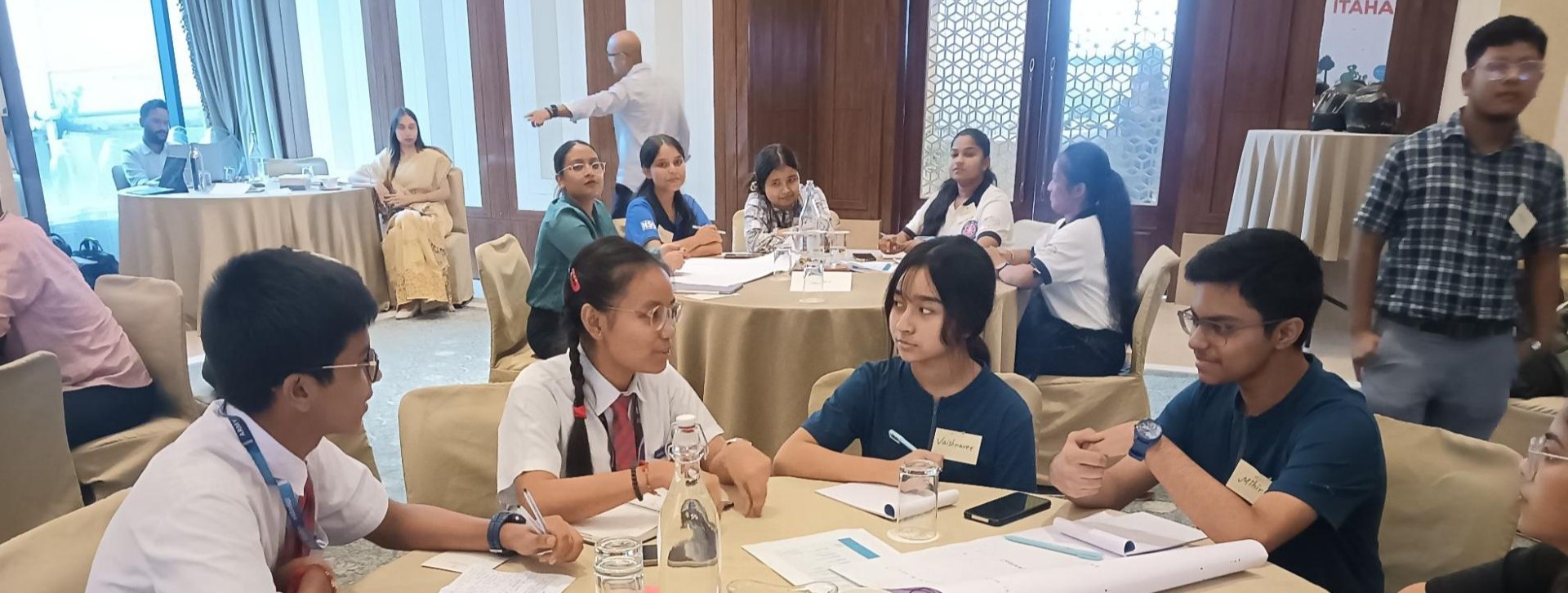
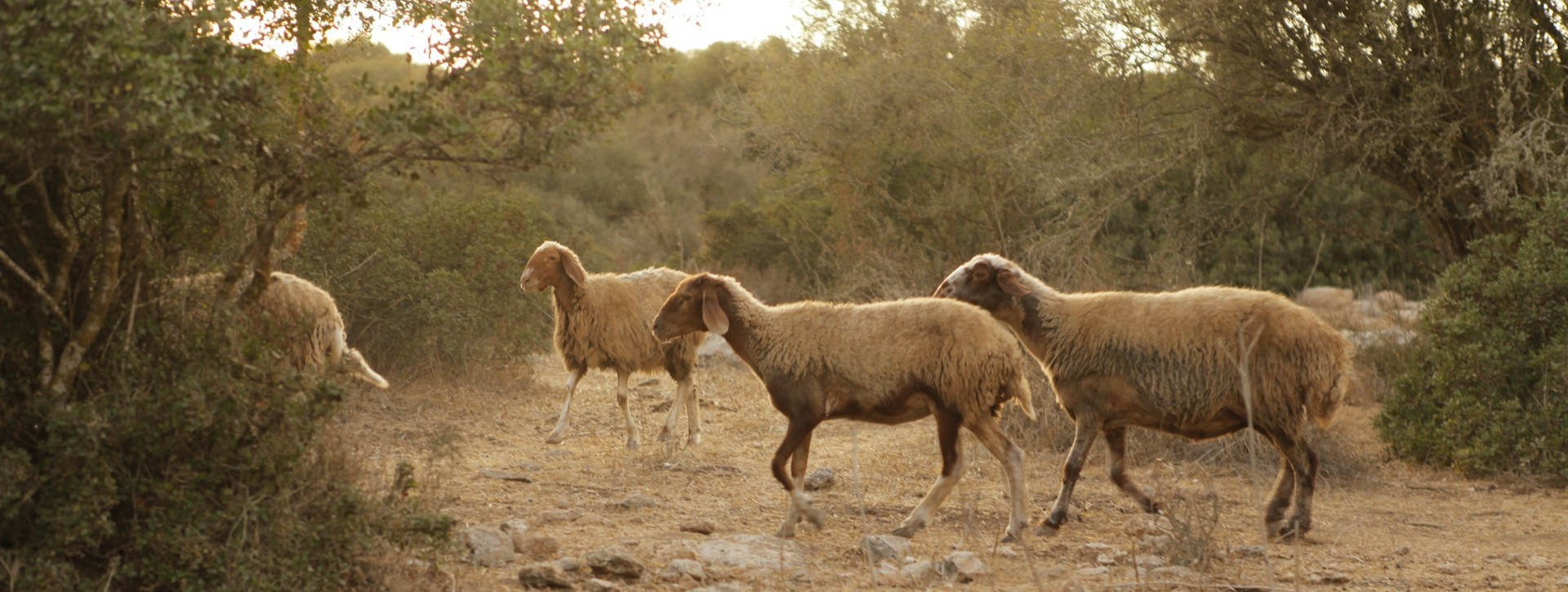
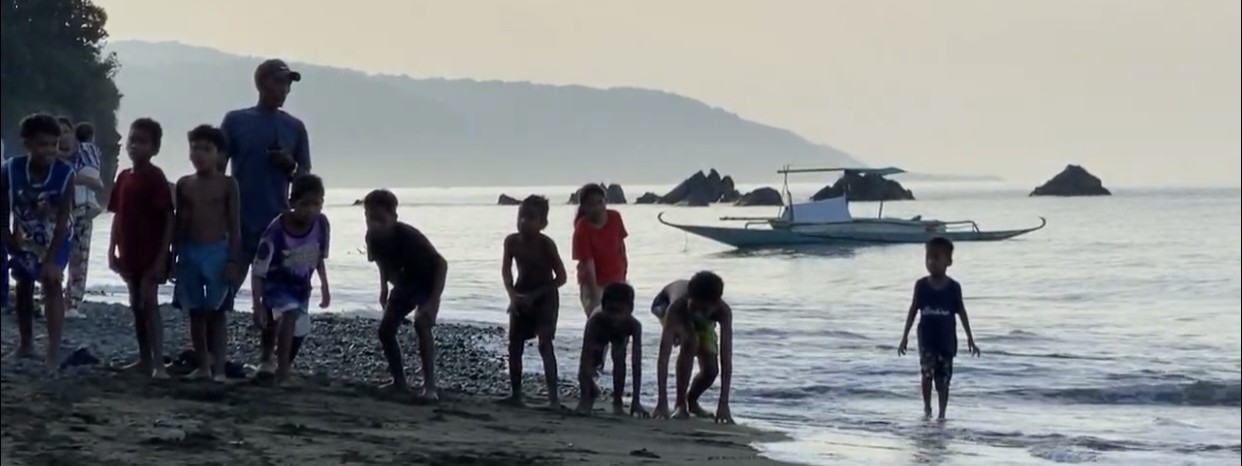
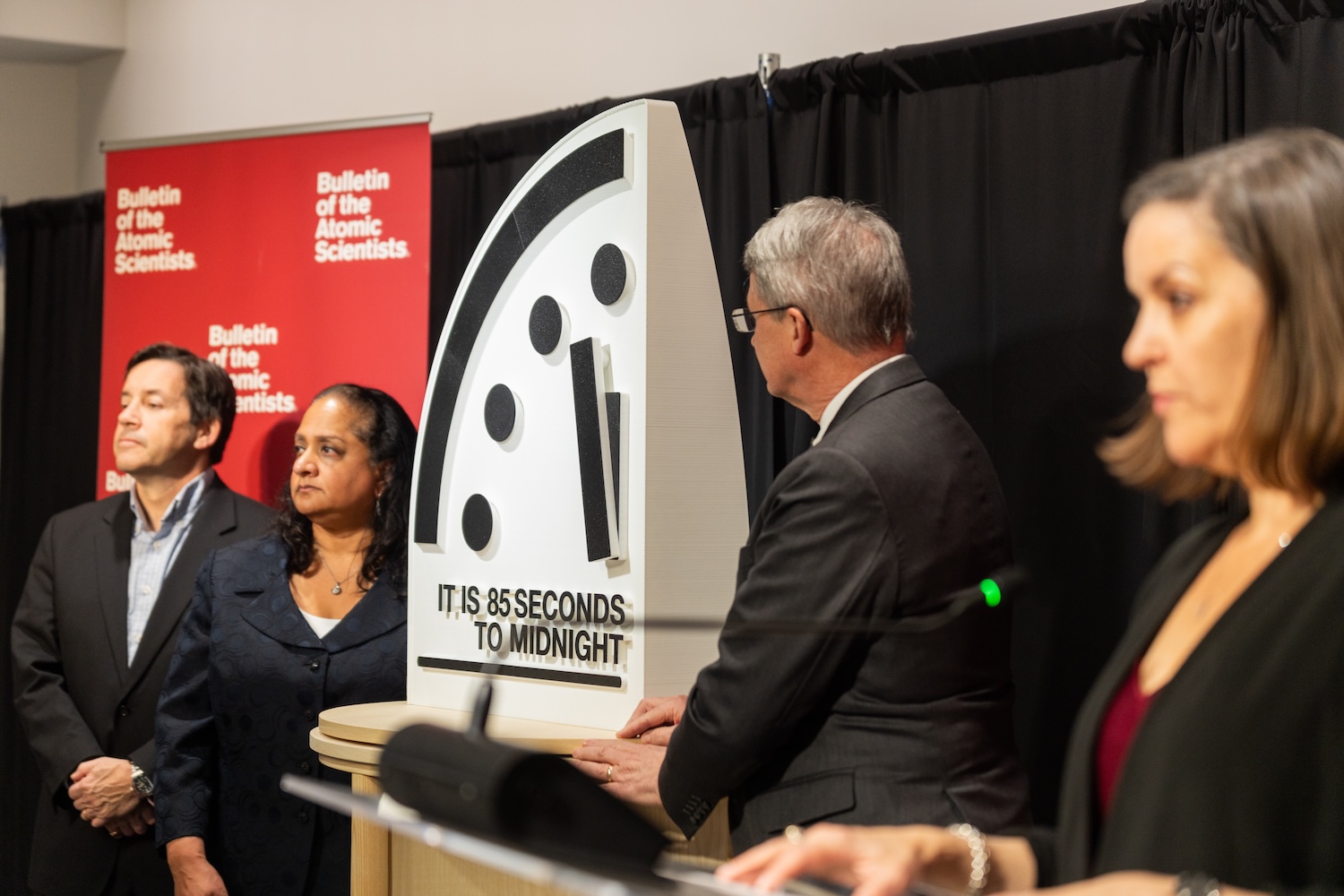
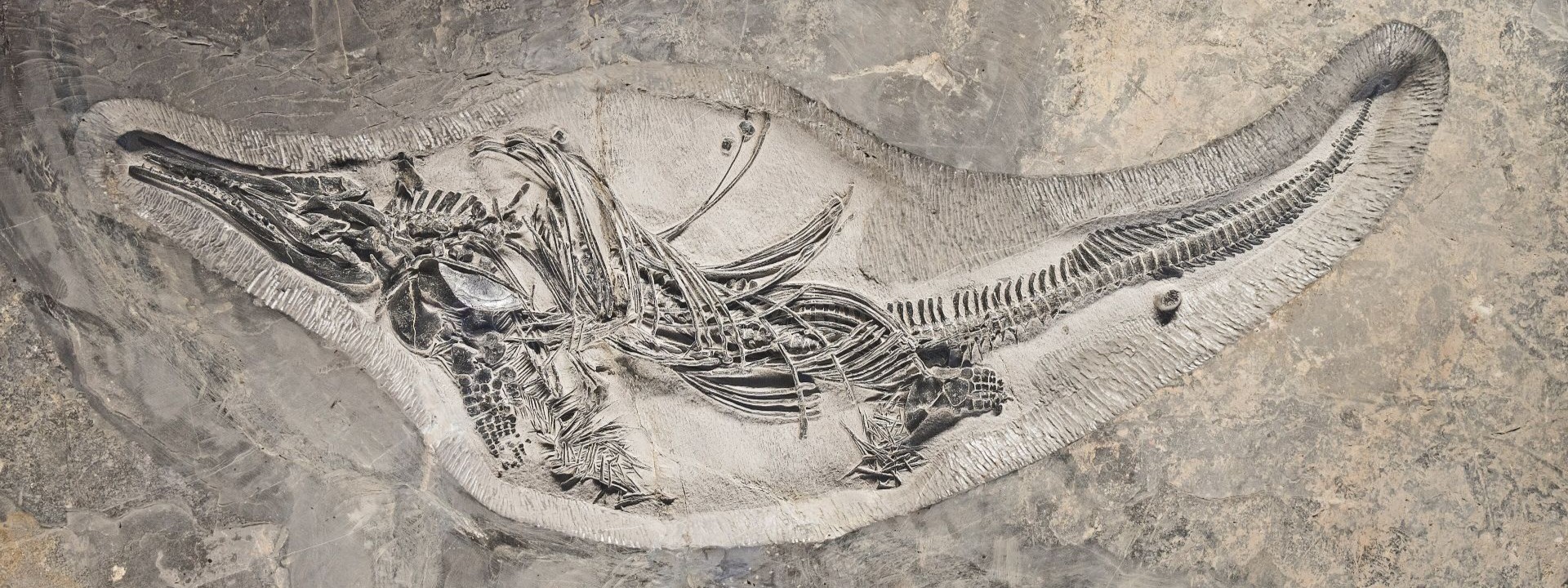
Share your thoughts with us